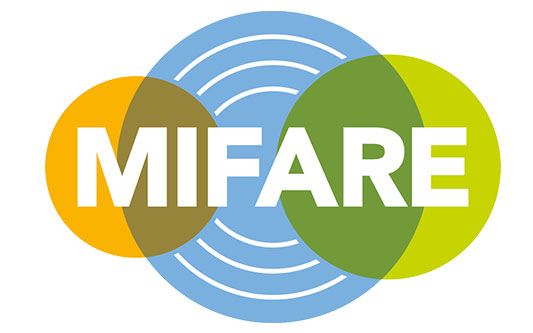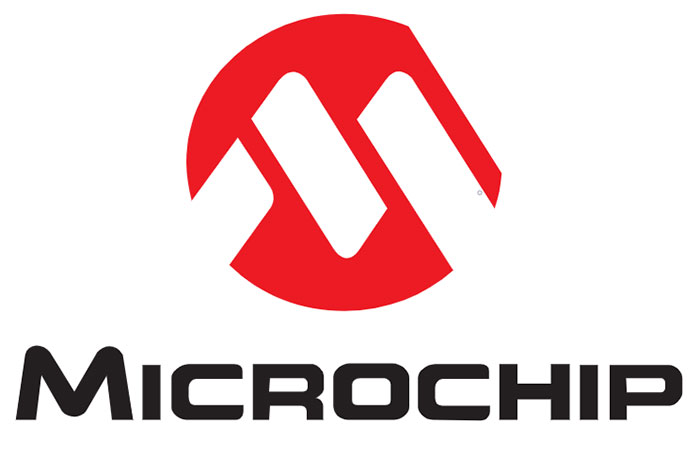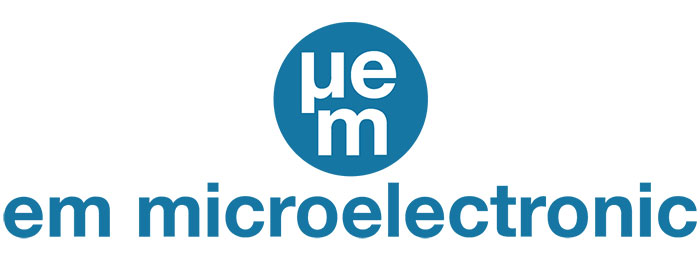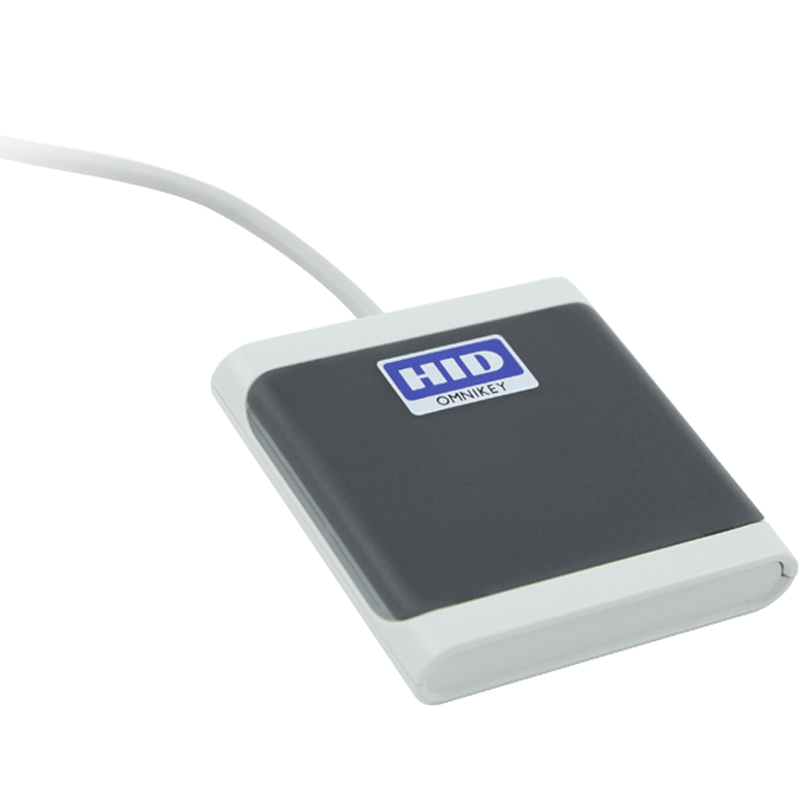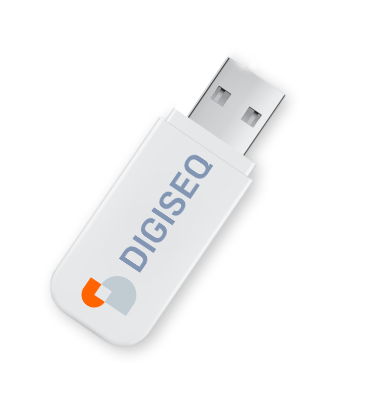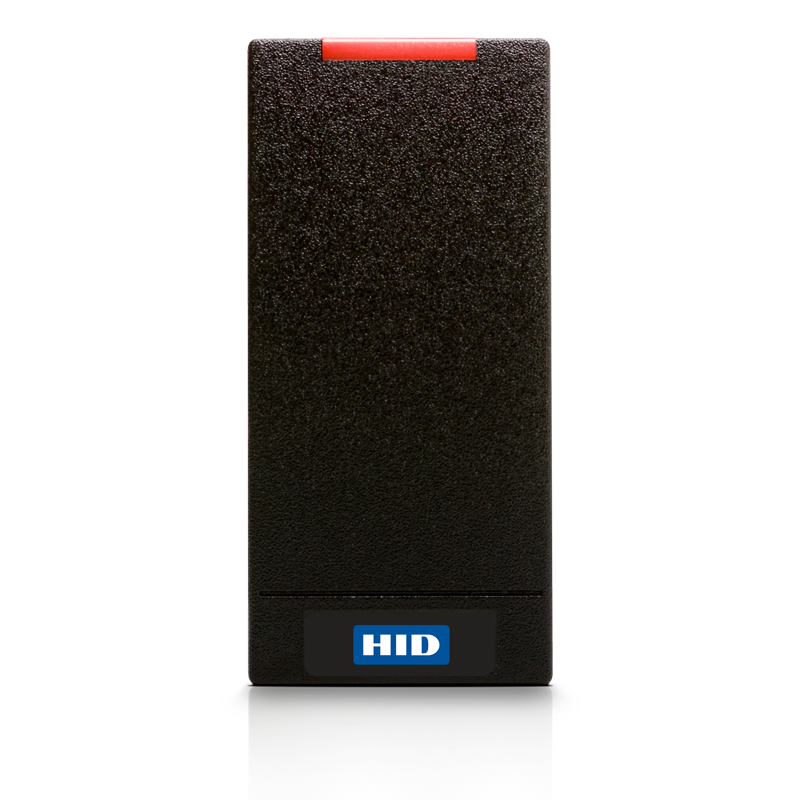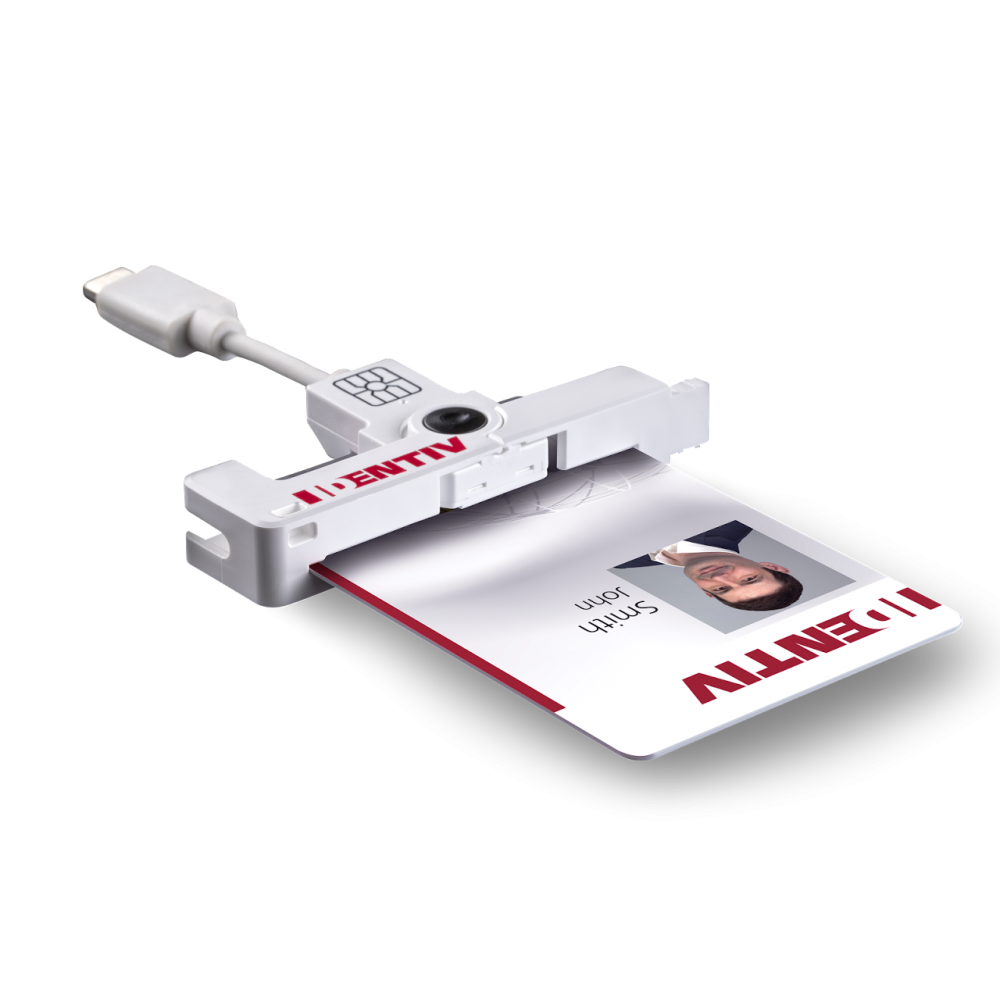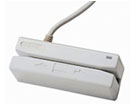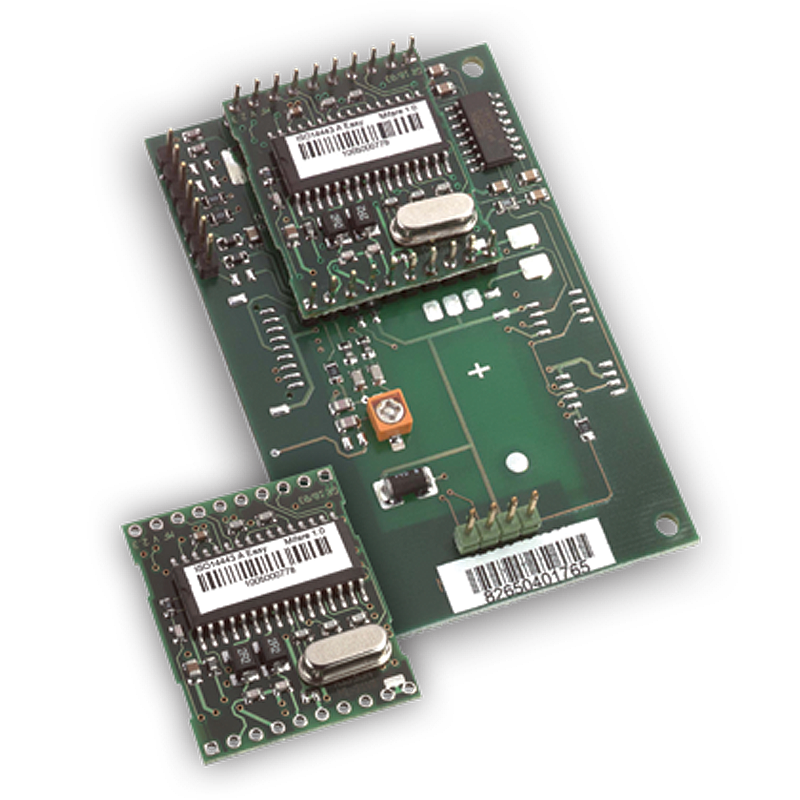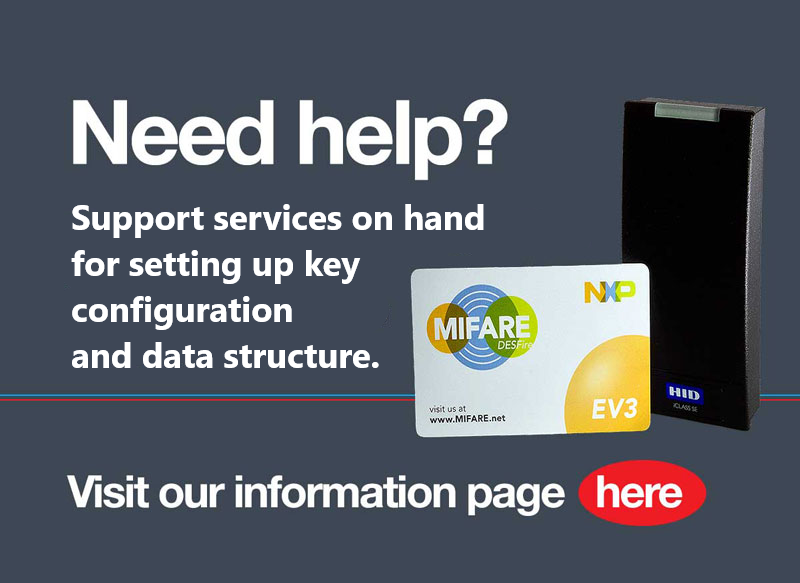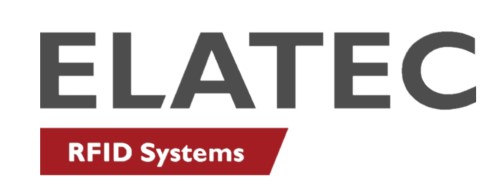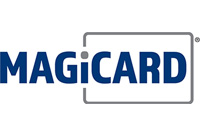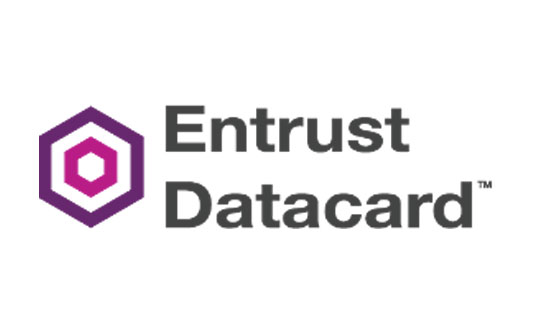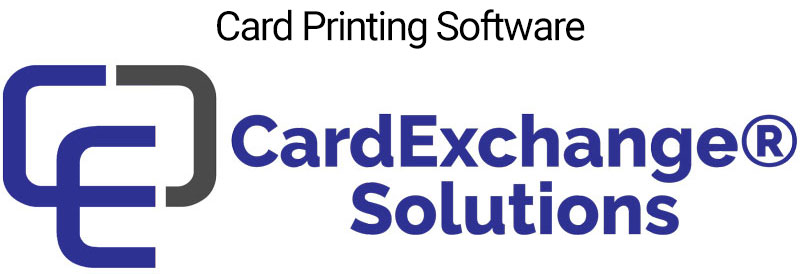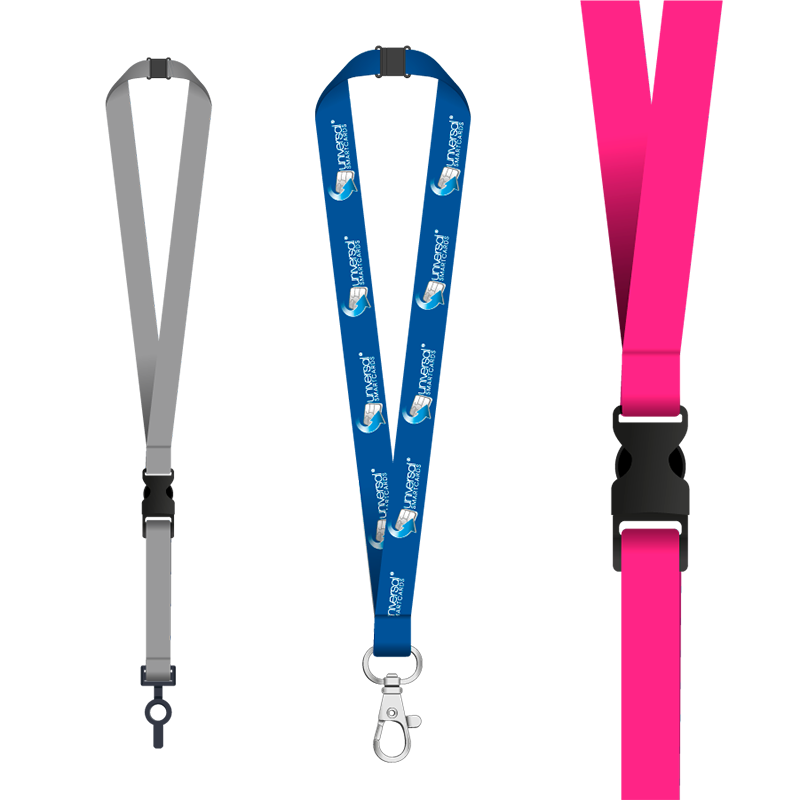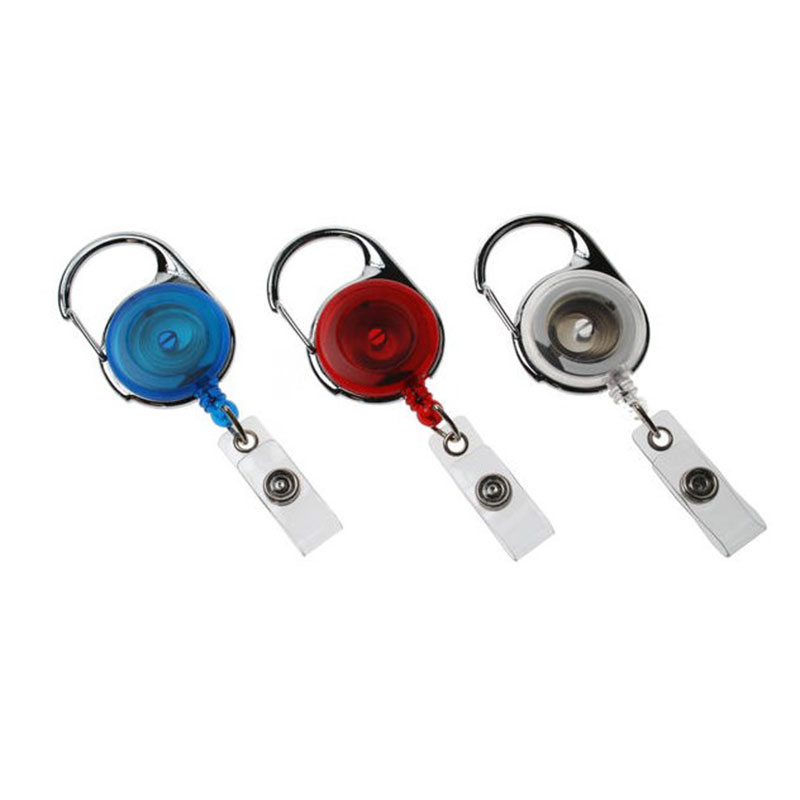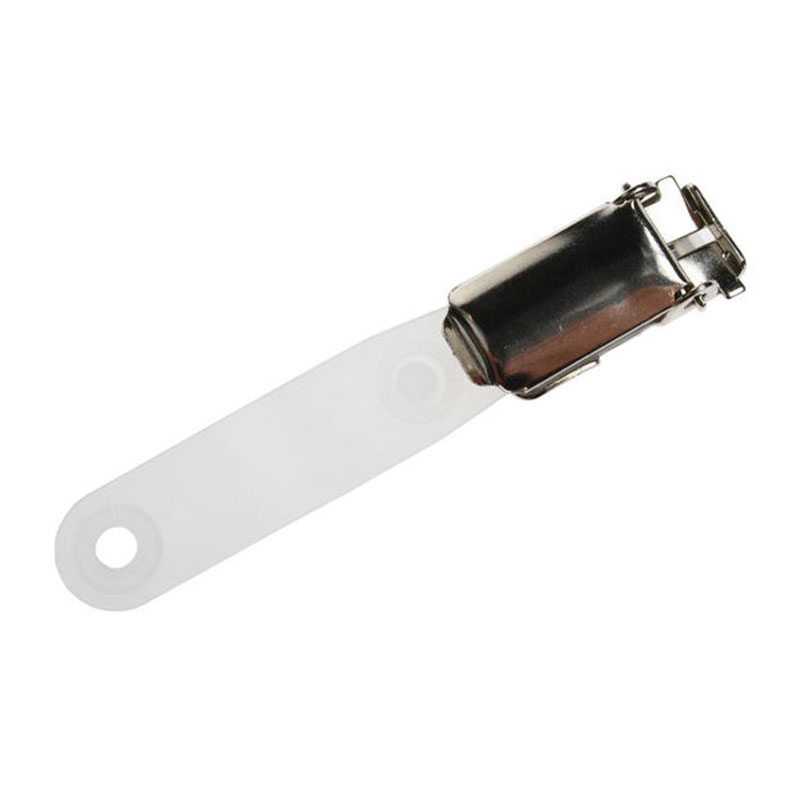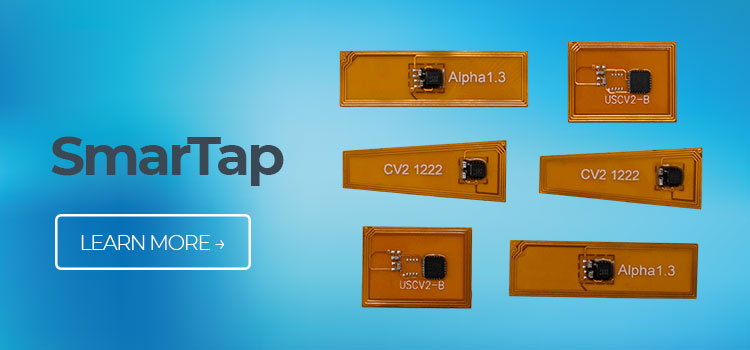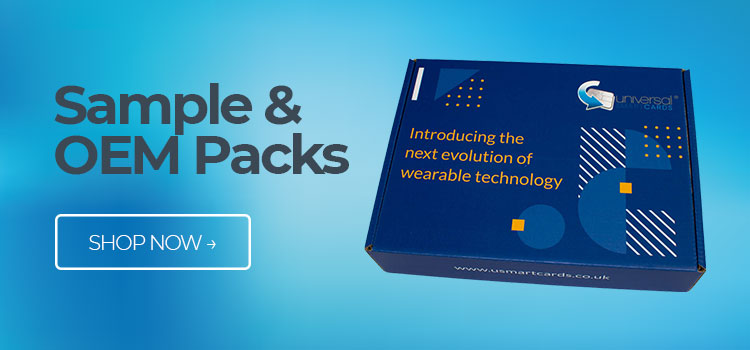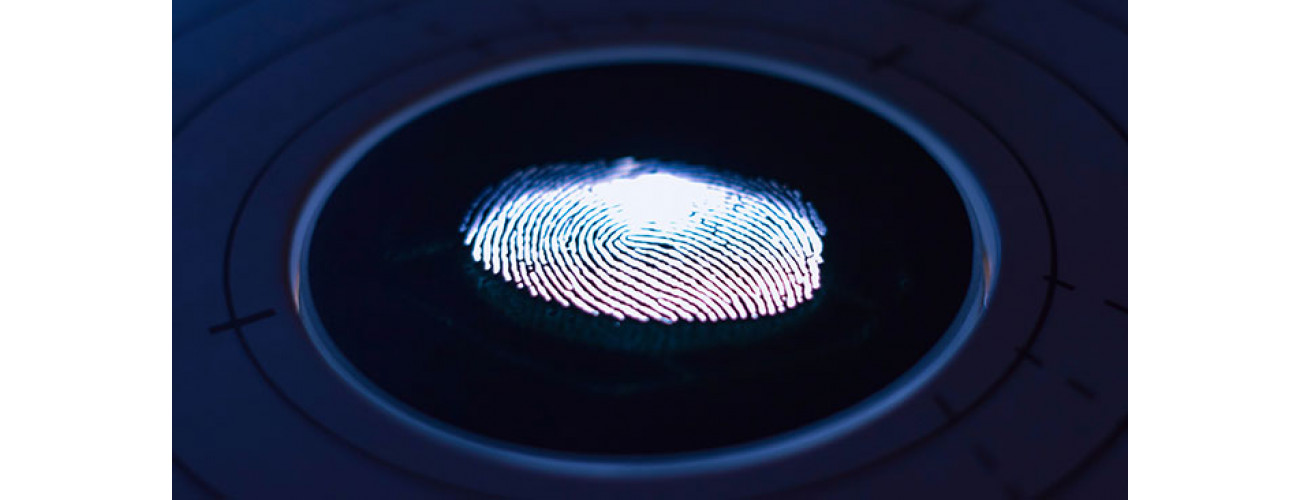
Biometric technology, which harnesses human characteristics such as fingerprints, facial recognition, and retinal scans for identification, has been steadily gaining traction in various sectors. The healthcare industry, always at the forefront of adopting technologies that improve patient care and operational efficiency, is no exception. Among the various types of biometrics, fingerprint technology is one of the most widely used due to its speed, accuracy, and affordability. This article will explore the uses and advantages of using fingerprint biometrics in the healthcare sector.
How are Fingerprint Biometrics Used in the Healthcare Industry?
Understanding the broad scope of fingerprint biometrics in healthcare is key to recognising its advantages. Here are some specific use cases within the healthcare industry where this technology is making a difference.
Access Control to Restricted Areas
In hospitals and other healthcare facilities, certain areas like operating rooms, laboratories, and pharmacies require restricted access. Fingerprint biometric readers can be used to control who enters these areas, thus reducing the risk of contamination, theft, or unauthorised personnel causing disruptions.
Medication Dispensing Systems
Medication errors can have fatal consequences. Biometric systems can be integrated into automated medication dispensing systems to ensure that only authorised healthcare providers can access the prescribed drugs. This adds an extra layer of security and accountability to the medication dispensing process.
Patient Identification at Point-of-Care
Doctors and nurses can use fingerprint biometrics to quickly and accurately identify patients before administering treatments or medications. This helps in eliminating the errors that may arise from manual identification methods, such as checking wristbands or asking for verbal confirmation.
Secure Logins for Computer Systems
Doctors, nurses, and administrative staff often need to access electronic health records (EHRs) and other secure databases. Instead of using passwords, which can be forgotten or stolen, fingerprint biometrics enable quick and secure login, while also making it easier to track who accessed what information for audit purposes.
Employee Time and Attendance
Time and attendance systems are critical for scheduling and payroll purposes in large healthcare facilities. Fingerprint biometrics ensure that employees are physically present when clocking in, eliminating the possibility of 'buddy punching,' where one employee clocks in for another. By utilising a fingerprint biometric reader, employee timekeeping is much more accurate and less prone to being circumvented.
Verification in Telehealth
As telehealth becomes increasingly common, the need for reliable identification methods also grows. Fingerprint biometric devices that are compatible with smartphones and computers can be used to verify the identity of patients availing themselves of remote healthcare services. These applications demonstrate that fingerprint biometrics are versatile and can be applied across various touchpoints in the healthcare sector, from security and administration to patient care and financial processes. By integrating this technology, healthcare facilities can significantly enhance efficiency, safety, and reliability.
The Advantages of Fingerprint Biometrics in the Healthcare Industry
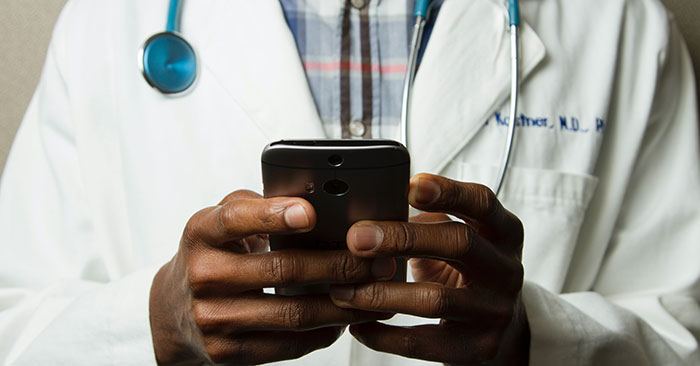
Now that we have a better understanding of its application in healthcare, let’s go over some of the benefits associated with fingerprint biometrics in the healthcare industry. Some of the biggest advantages that this technology offers include:
Enhanced Security Measures
Traditional ID cards and passwords can be stolen or forged, creating a significant security risk. Fingerprint biometrics eliminate this problem by providing an identification system that is unique to each individual. Unauthorised personnel cannot gain access to sensitive areas or data, thereby enhancing the overall security infrastructure of healthcare facilities. Healthcare institutions are subject to stringent data protection regulations, such as General Data Protection Regulations. Fingerprint biometrics offer a robust method of ensuring that only authorised personnel can access confidential patient records, helping healthcare providers comply with legal requirements.
Streamlined Administrative Processes
One of the most practical advantages of fingerprint biometrics is the speed with which identification can be verified when using a reader. In busy healthcare settings like emergency rooms, saving even a few seconds can have life-saving implications. Healthcare providers can quickly access the necessary patient information without going through cumbersome login procedures. The need for manual checks is virtually eliminated with the implementation of fingerprint biometrics. This saves time for administrative staff and allows them to focus on tasks that cannot be automated, thereby improving operational efficiency.
Improved Patient Experience
Misidentification can have dire consequences in healthcare. By using a biometric identifier like a fingerprint, healthcare providers can ensure that they are administering the correct treatments, medications, and procedures to the correct individual. This significantly reduces the risk of medical errors attributable to patient misidentification. Patients can also benefit from quicker and more efficient check-in procedures. Instead of filling out forms or presenting ID cards, a simple fingerprint scan can pull up all the necessary information. This is particularly beneficial for individuals in critical condition who may not be able to go through the traditional check-in procedures.
Data Integrity and Traceability
Each time a fingerprint is used to gain access to a room or database, the event can be logged and tracked. This creates a transparent and traceable system where all actions can be audited, improving accountability within the healthcare organisation. As fingerprints are unique to individuals, using biometric fingerprint readers for identification and access control ensures that the data associated with them is highly reliable. This integrity is crucial when it comes to medical records, where incorrect information can lead to incorrect treatments.
Fingerprint Biometrics can Save Lives in Healthcare
Fingerprint biometrics offer a multitude of advantages for the healthcare industry, from enhancing security measures and streamlining administrative processes to improving the patient experience and potentially saving lives. The technology promises not just to make healthcare provision more efficient but also more reliable and secure. As biometric technology continues to evolve, it's expected that its application within healthcare will become even more pervasive and beneficial.
Discover more…
If you’re looking to learn more about how your healthcare organisation could benefit from fingerprint biometrics or would like to discuss the range of HID fingerprint readers, contact us today and one of our specialists will be happy to help

